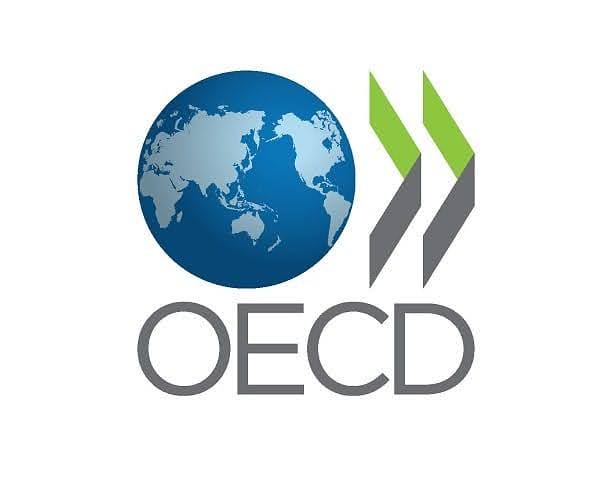The path to global economic recovery, according to the Organization for Economic Co-operation and Development (OECD), hinges on “stronger business development” and diligent public debt management. This advice comes as the OECD significantly lowers its global economic growth projections, now anticipating a decline from 3.3% in 2024 to 2.9% in both 2025 and 2026, indicating a challenging road ahead.
The OECD’s latest outlook report emphasizes that “weakened economic prospects will be felt around the world, with almost no exception,” leading to “lower growth and less trade [that] will hit incomes and slow job growth.” The report identifies “sluggish investment” as a key factor in this decline, impacting growth, productivity, and living standards. The United States, Canada, Mexico, and China are singled out as major contributors to this global economic contraction.
Adding to the concerns, the OECD warns that “protectionism” will lead to increased inflation, causing costs for goods and services to rise. This inflationary pressure, combined with high debt levels, poses a significant risk for developing nations, making increased investment even more critical but potentially harder to finance. The report explicitly states that “countries should ensure that public debt is, indeed, on a sustainable path.”
In response to this grim outlook, the OECD advises central banks to “remain vigilant” regarding inflation, even if immediate interest rate hikes are not expected. Crucially, it concludes that “boosting investment will be instrumental to revive our economies and improve public finances,” and that this, coupled with prudent debt management, is the key to a sustainable recovery.

